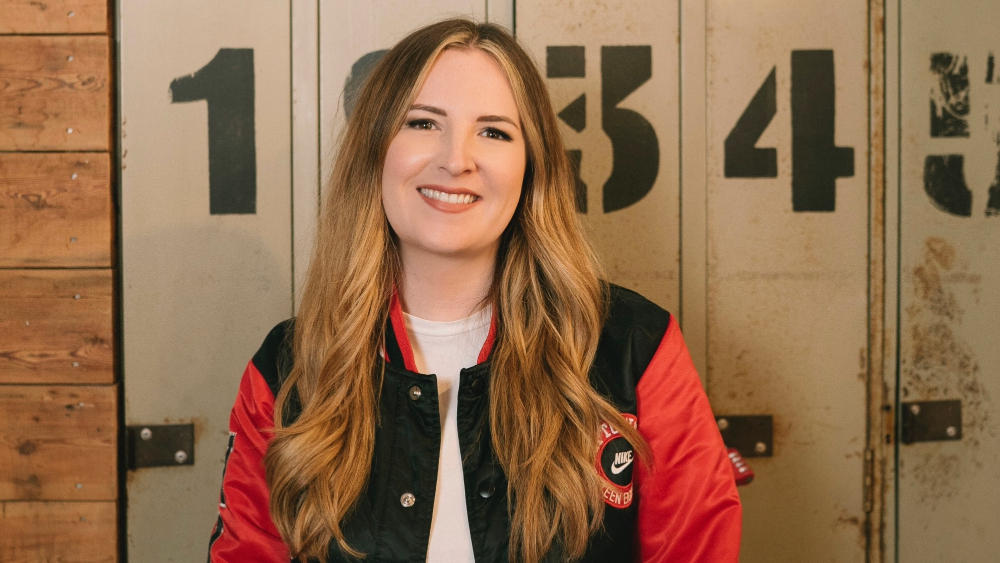During my career as a music business coach and former artist manager, I’ve been lucky enough to see both sides of the industry. On the one side: sold-out shows, award wins, platinum records, viral songs and artists finally breaking through after years of hustle. On the other side: unpaid invoices, playing to empty rooms, burnout and that creeping feeling that maybe this dream is a little out of reach.
What separates these two sides isn’t just talent or luck. It all begins with a shift in mindset: the moment you decide to stop treating music like a hobby and instead treat it as your job is when things can start to seriously progress.
With over 14 years of international music industry experience under my belt — during which I've helped some artists go from DIY to BRIT Award winners — I’ve seen it time and again. That internal decision to go all in? That’s where your career begins. Not when the label calls, not when the streams hit a million — that shift happens before the results.
Seizing that moment is what we’ll discuss below. It’s about claiming your work in an empowered way with a system that works for you. After all, your music is your job — and that deserves to be treated with the same respect, intention and care as any other professional path.
Here are four key areas I would recommend music creators take seriously.
Establish your creative identity
When I coach music creators, the first thing I listen for is how they talk about themselves. ‘I’m trying to get into music’ or ‘I do music on the side’ tells me you haven’t fully backed yourself yet — if you don’t see yourself as a pro, why would anyone else?
Instead, start saying things like ‘I’m a musician’, ‘I’m a songwriter’ or ‘I run a music business’. Say it over and over again until it sticks. Without getting too woo-woo, it’s a form of manifestation where, slowly, your mind will start believing it.
You don’t need a manager or 10k followers to be legit, but what you do need is consistency and conviction. You need to treat your time, your craft and your ideas like they’re worth something — because they are. When you start showing up to your work with this kind of fresh approach, the results will soon follow.
'Your music is your job — and that deserves to be treated with the same respect, intention and care as any other professional path.'
Structure your goals
Everyone has goals, but not everyone has structure. If you want to build a long-term career in music, you need to think beyond the dream and start building the system that gets you there.
Here’s three questions to ask yourself:
- Do I have a weekly schedule for writing, admin, rehearsals and promotion?
- Do I know what I’m releasing in this quarter?
- Do I have deadlines and targets that I can actually stick to?
A career without structure is just a hobby with ambition. Treat your week like a working artist would: that might mean writing Monday-Wednesday, doing admin on Thursday nights after work, gigging on the weekends, or batching your content once a month. Whatever it is, create a schedule that you know you can stick to.
Own your admin
This is the part no one wants to hear, but it’s the part that changes everything: you have to sort your admin out and own it. The sooner you stop avoiding it, the sooner you can start making real money. Admin is not a burden, it’s your business. It’s how your creativity gets paid, and it’s what will help you to run a long-term sustainable business.
This includes:
- Registering your music with PRS
- Keeping track of splits, credits and contracts by logging everything in one spreadsheet
- Reporting your setlists to PRS after every gig
- Logging invoices and chasing up what you’re owed (tools such as Quickbooks, Xero and Stripe can help with this)
If you feel overwhelmed by the prospect, start with a simple checklist, or set aside one day a month to just do admin. Make it a ritual: make some coffee, light scented candles, sit in a comfy chair — whatever helps you lock in. You’ll thank yourself later.
Get comfortable with promoting yourself
I say this with love: if you want music to be your job, then you have to get over the fear of putting yourself out there. So many talented artists stay stuck because they’re afraid to post, pitch or promote, but visibility is such a key part of the job now.
That doesn’t mean you need to dance on TikTok every day or become an influencer, though. Instead, consider the following:
- Share the process, not just the polished end product. Take your audience with you on the journey of building and creating.
- Consistently reach out for gigs and opportunities for collaborations — don’t just expect them to find you. Don't be tempted to blindly copy and paste outreach messages, either: personalise every message, and keep it human.
- Update your one sheet and socials regularly — they're there to be used as your online portfolio. Your future fans, and indeed future team, will make a judgement based on these resources.
One key tip I regularly share is: show, don’t tell. Show your audience and the industry you are doing the thing, don’t just tell them. People like to see it happening in real time. You should also treat every post, DM and gig pitch like a touchpoint. You’re not just selling your music: you’re building trust, a brand and a story. Your business in music will thrive off the back of doing so.
'A career without structure is just a hobby with ambition.'
It’s important to remember that it's not about doing everything forever — it’s about getting clear on what needs to be done now so you can eventually delegate or automate. There are so many tools available to help music creators: set up a Trello board or Notion dashboard to track tasks, while Google Drive can house your press shots, artwork, masters and contracts. Make a habit, too, of reviewing your income, streams and audience growth every quarter.
The more you treat your music like a business, the easier it will become for other people to treat it in the same way. When the time comes to build a real team you’ll be ready, because you’ll know your business like the back of your hand.
Turning your passion into a profession isn’t about killing the joy. It’s about protecting the thing you love with systems, strategy and self-respect. Yes, the music comes first, always. But if you want to keep creating long-term, the business has to follow. You don’t have to become a machine, but you do have to show up, learn the systems and value your output enough to organise it. Your music is your job: time to clock in properly.
You can follow Atlanta Cobb here and over on @Musicindustrymentor.





